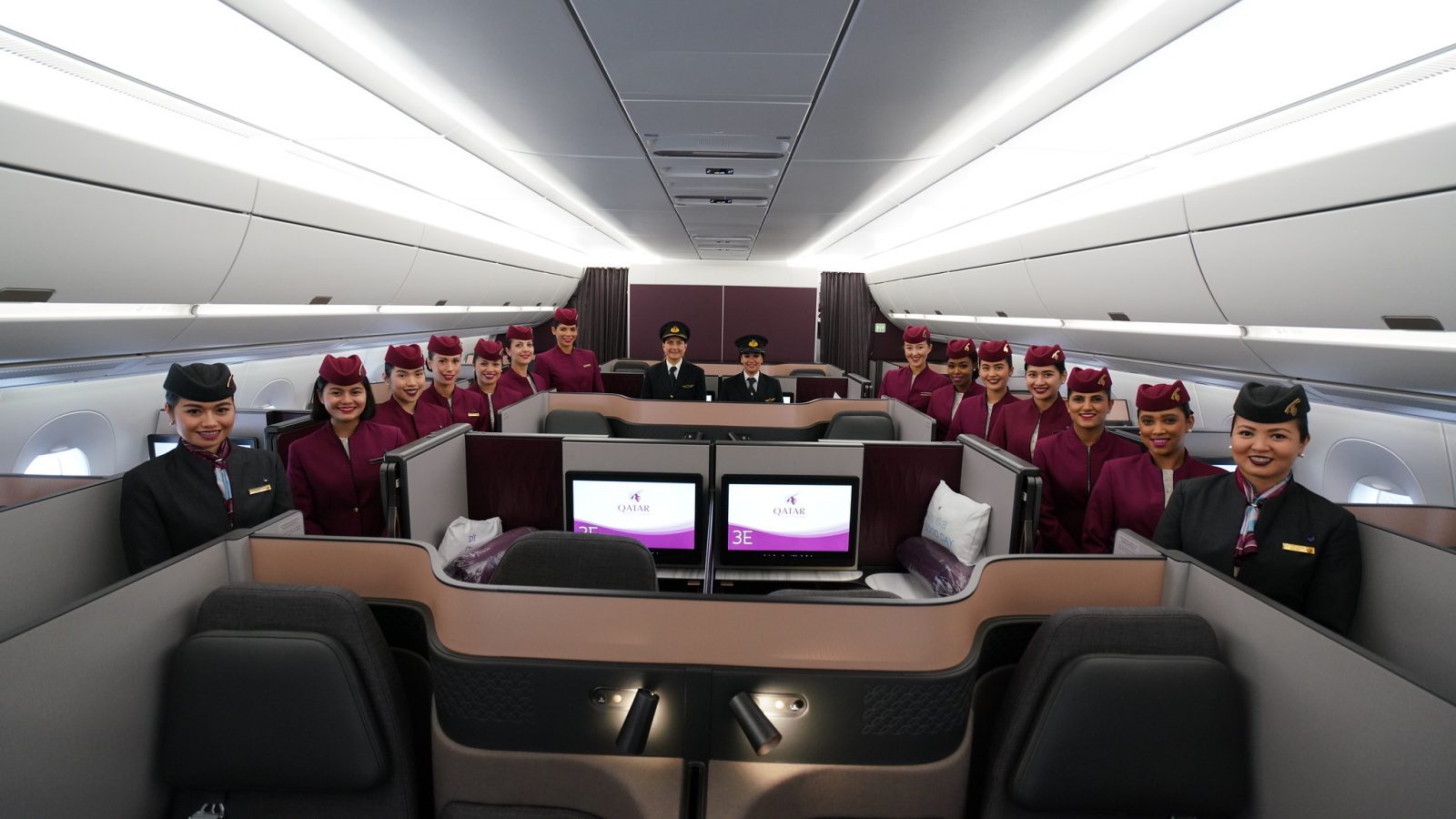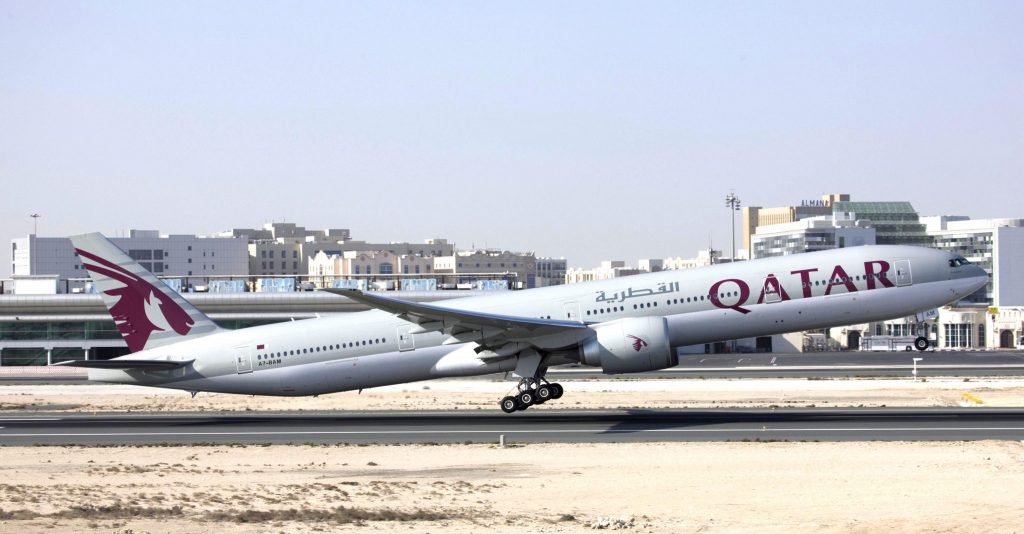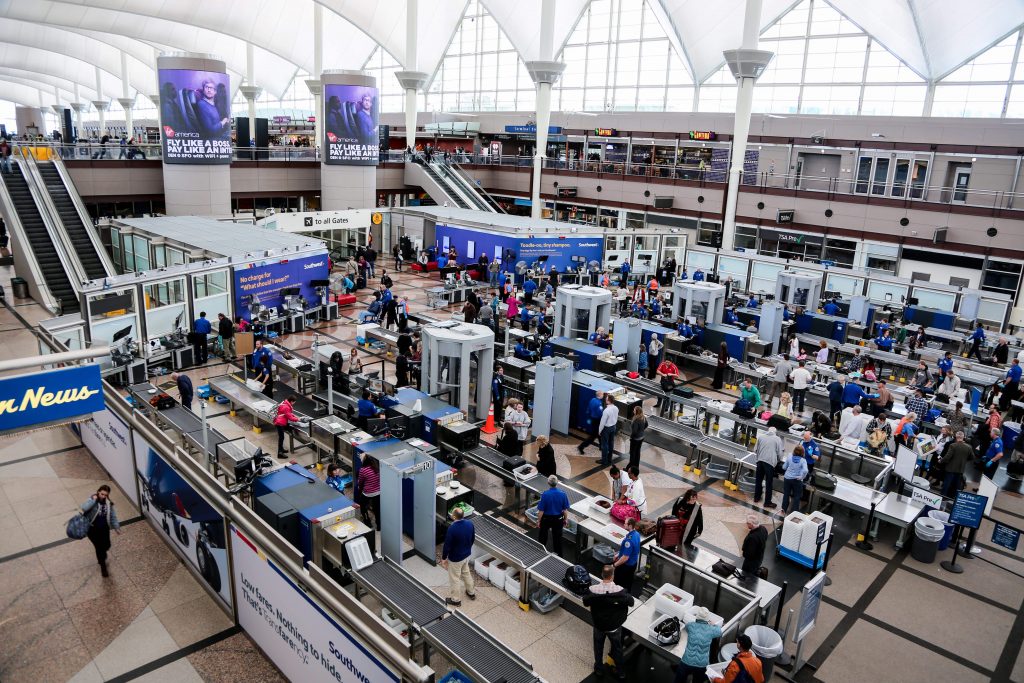
On Saturday, Qatar Airways became the first Persian Gulf airline to suspend flights to mainland China because of the novel Coronavirus outbreak in the country. But unlike many other carriers, Qatar Airways said the decision to nix its flights to the country wasn’t down to the health and safety of its passengers and crew but rather “operational challenges” caused by new entry restrictions imposed by the likes of the United States, Singapore and Australia.
“As many Qatar Airways crew members have recently travelled to mainland China, these restrictions prevent the airline from scheduling crew on certain routes, limiting our ability to maintain scheduled operations elsewhere,” the airline explained in a statement.

“… the airline has no alternative but to, unfortunately, suspend its flights to mainland China from 3 February,” the statement continued. Akbar Al Baker, the outspoken chief executive of Qatar Airways even complained about the “challenging operational situation” created by the new entry restrictions.
Those restrictions were first introduced by the United States, through a Presidential Proclamation announced the day before. The order, which came into effect on Sunday, effectively bars any foreign nationals who have been in mainland China within 14-days of their travel to the U.S. (the incubation period of the SARS-like illness).
For Qatar Airways, an airline that employs cabin crew from around the world, it would become almost impossible to roster the correct crew to comply with these restrictions… except, Al Baker failed to mention one important caveat.
Because, while Al Baker said his airline would “immediately resume our operations to China once the governmental restrictions are lifted,” those restrictions don’t actually apply to either operating or deadheading cabin crew.

Yes, that’s correct, the United States built a specific exemption into the entry restrictions to give flexibility to airlines to roster flight and cabin crew across their route networks.
And it’s not just Qatar Airways that had used this same excuse – both Australian carrier Qantas and Air New Zealand have also blamed “significant logistical challenges” rostering crew around new entry restrictions for suspending their flights to China. Atlanta-based Delta Air Lines has done the same
Entry restrictions imposed by Australia also contain important exemptions for crew members, while the Singaporian restrictions are less clear. As of Sunday, Singapore had denied entry to 15-foreign nationals with recent travel history to mainland China.
Along with five Chinese and five Indian nationals, immigration authorities also barred visitors from the United States, Britain, Malaysia and Spain into Singapore.
Citing the safety of passengers and employees, the Lufthansa Group announced Monday that it would extend its cancellation of 54 regular weekly services to mainland China until at least February 29.
Mateusz Maszczynski honed his skills as an international flight attendant at the most prominent airline in the Middle East and has been flying ever since... most recently for a well known European airline. Matt is passionate about the aviation industry and has become an expert in passenger experience and human-centric stories. Always keeping an ear close to the ground, Matt's industry insights, analysis and news coverage is frequently relied upon by some of the biggest names in journalism.







